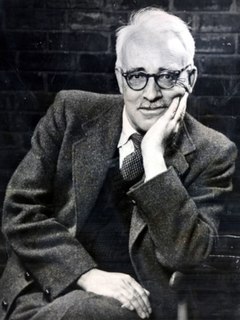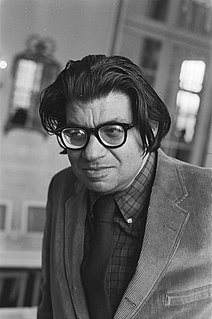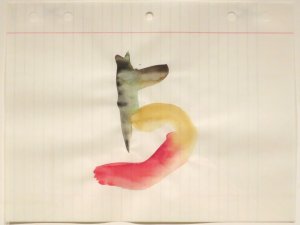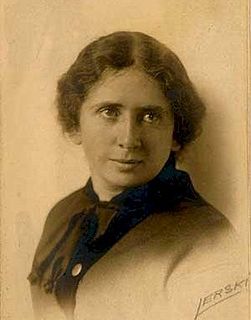A Quote by Theodor Adorno
Everything about art has become problematic; its inner life, its relation to society, even its right to exist.
Quote Topics
Related Quotes
What strikes me is the fact that in our society, art has become something which is related only to objects and not to individuals, or to life. That art is something which is specialized or which is done by experts who are artists. But couldn't everyone's life become a work of art? Why should the lamp or the house be an art object, but not our life?
I believe it to be of particular importance that the scientist have an articulate and adequate social philosophy, even more important than the average man should have a philosophy. For there are certain aspects of the relation between science and society that the scientist can appreciate better than anyone else, and if he does not insist on this significance no one else will, with the result that the relation of science to society will become warped, to the detriment of everybody.
Being an actor is a matter of choice that, above all, takes place at an existential level: either you express the conservative structures of society and are nothing more that a tool in the hands of power, or you address the progressive components of this society in an attempt to settle a revolutionary relation between art and life.
What is the good life? What is the good man? The good woman? What is the good society and what is my relation to it? What are my obligations to society? What is best for my children? What is justice? Truth? Virtue? What is my relation to nature, to death, to aging, to pain, to illness? How can I live a zestful, enjoyable, meaningful life? What is my responsibility to my brothers? Who are my brothers? What shall I be loyal to? What must I be ready to die for?
Before we can change anything in our life, we have to recognize that this is the way it is meant to be right now. For me, acceptance has become what I call the long sigh of the soul. It's the closed eyes in prayer, perhaps even the quiet tears. It's "all right," as in "All right, You lead, I'll follow." And it's "all right" as in "Everything is going to turn out all right." This is simply part of the journey.
But you begin to feel as you go on working that unless painting proves its right to exist by being critical and self-judging, it has no reason to exist at all - or is not even possible. The canvas is a court where the artist is prosecutor, defendant, jury and judge. Art without a trial disappears at a glance.
What the woman who labors wants is the right to live, not simply exist — the right to life as the rich woman has the right to life, and the sun and music and art. You have nothing that the humblest worker has not a right to have also. The worker must have bread, but she must have roses, too. Help, you women of privilege, give her the ballot to fight with.





































